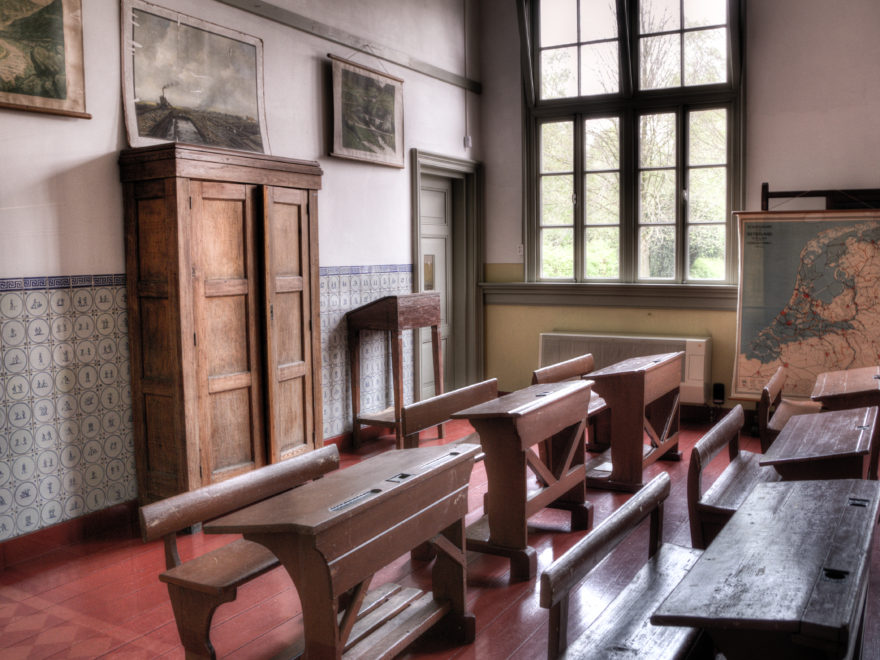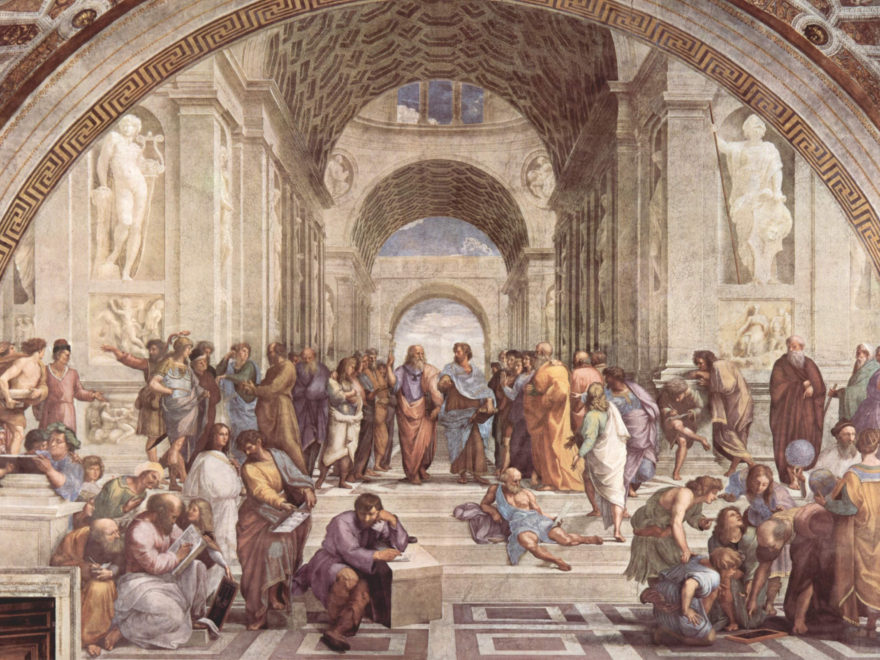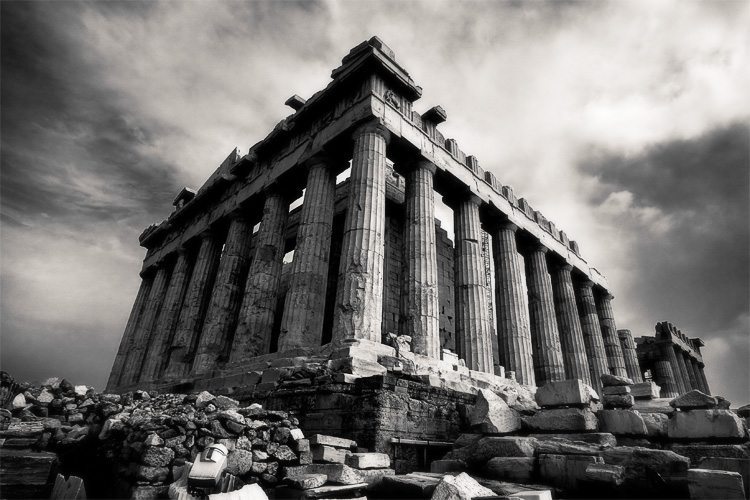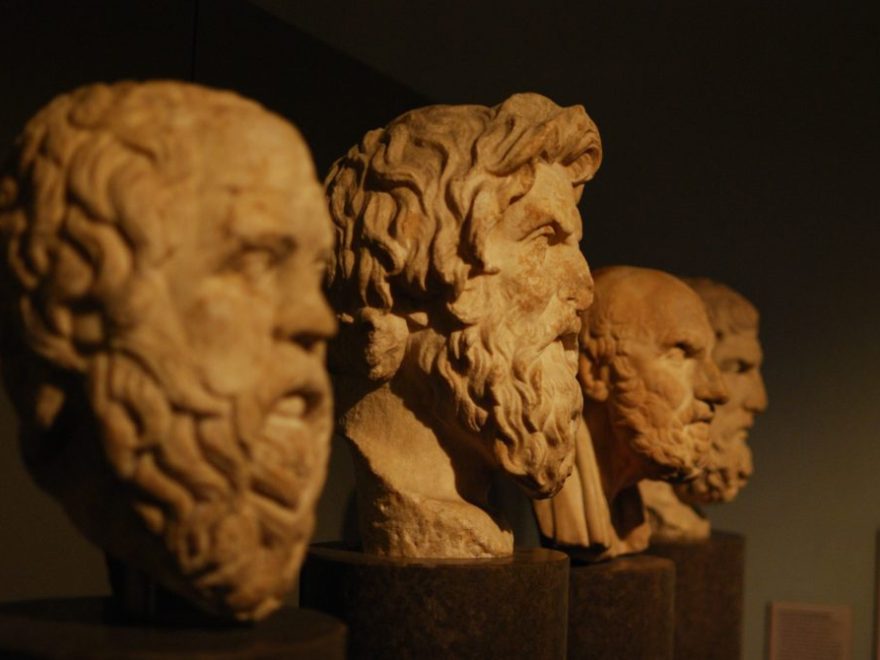Tag: ideas
-

Why The History of Narration Matters, Part 1: Charlotte Mason’s Discovery?
I’ve decided to put the series on Bloom’s Taxonomy vs. Aristotle’s Intellectual Virtues on hold for a couple months after contracting with Classical Academic Press to film two courses in December for ClassicalU: one on narration and another on Charlotte Mason’s philosophy for classical educators. So I’m returning to the topic of narration and Charlotte…
-

20 Quotable Quotes from the First Half of 2020 Educational Renaissance
At the end of 2019 we shared a series of memorable maxims from that year’s blog articles. As we transition toward the next half of 2020, we thought we’d do something similar and share 20 Quotable Quotes from Educational Renaissance articles January through June. These are longer block quotes that will whet your appetite for…
-

Class of 2020: The Next Greatest Generation
The class of 2020 has felt the full force of the disruption caused by the Coronavirus. Graduation ceremonies have been cancelled, postponed or held virtually online. Nothing about the spring of senior year went according to plan for the class of 2020. It has been described as catastrophic and traumatic by students, parents and teachers.…
-

“Teach Like a Champion” for the Classical Classroom, Part 3: Check for Understanding
It’s happened to every teacher I’ve ever met. You put together a great lesson, one that you are sure will engage the attention of your students and draw them in to explore some new concept or idea. After teaching the lesson and providing opportunities for students to engage, you confidently pass out the exit slip,…
-

Charlotte Mason and the Liberal Arts Tradition, Part 2: Educating the Whole Person
What has Charlotte Mason to do with classical education? In my first blog in this series, I began exploring this question through a close reading of Kevin Clark and Ravi Jain’s The Liberal Arts Tradition: A Philosophy of Christian Classical Education. In this book, Clark and Jain offer a paradigm for understanding classical education as…
-

Charlotte Mason and the Liberal Arts Tradition, Part 1: Mapping a Harmony
“What has Athens to do with Jerusalem?” the church father Tertullian skeptically asked. Tertullian was writing at a time in which church leaders were weighing the pros and cons of mining the Greco-Roman philosophical tradition for insights they could utilize in the development of a distinctively Christian philosophy. Similarly, within the Christian classical school movement,…
-

The Writing Process: Sentences, Paragraphs, Edit, Repeat
Why do we need instructions on a shampoo bottle? After only a few training exercises, any three-year-old can operate a shampoo bottle. Yet every bottle of shampoo I can find has instructions. The sequence, “lather, rinse, repeat,” became such a well-known instruction that it took on meme status in culture. Brian Regan has taken on…
-

Charlotte Mason and the Power of Ideas
As Charlotte Mason observed, there is nothing quite like the experience of being struck by an idea. The experience is equivalent to being the recipient of some unexpected treasure. Ideas loosen our grip on holding a thin view of the world. They open our minds, especially through narration, to connections previously gone undetected and stir…
-

20 of the Most Memorable Maxims from 2019 Educational Renaissance
The end of the year is a good time to take stock and review how far we’ve come. These last few days I’ve been doing this, both for myself through rereading my bullet journals, but also for Educational Renaissance by rereading all the old articles of 2019 in search of gems of wisdom. Along the…
-

Educating Future Culture Makers
An experienced educator once taught me that every pedagogy, or method of teaching, assumes a particular view of students. Each view, in turn, is founded on premises about the nature of these students, their capabilities, and, perhaps most broadly, their purpose for existence. It is these driving premises that subconsciously guide the hand of the…
